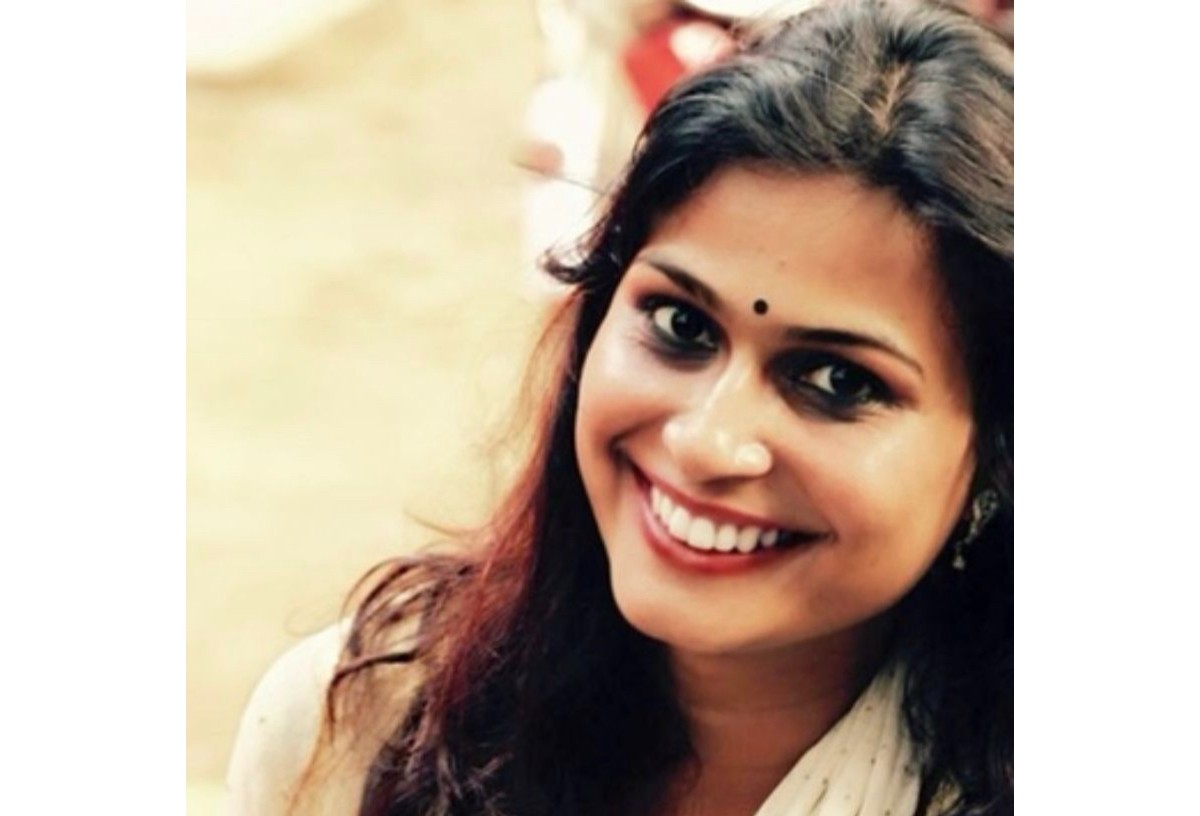
- Programme studied: MSc Human Resource Management
- Year of Graduation: 2009
- LinkedIn
Preeti Prada Panigrahi graduated from MSc Human Resource Management in 2009. She is a Social Policy Expert, leading socio-economic reforms with Governments. During this blog, she describes her drive to humanise cities by curating inclusive programmes for marginalized communities - urban poor, women, refugees, and young children.
What is your current job title and what does this role entail?
Presently, as a Senior Manager with Janaagraha Centre for Citizenship and Democracy (JCCD), I am spearheading social policies and programmes within the Housing and Urban Development Ministry in India. My most promising work is anchoring the ‘Slum Management & Proofing Strategies for JAGA Mission’, the world’s largest slum titling and upgradation initiative in a pursuit to reduce urban poverty and increase the well-being and welfare of urban poor through infrastructure upgradation and better living conditions. Recipient of international recognitions, World Habitat and Asia Pacific Housing Forum Awards, the mission combines technology interventions, such as mapping of slums using high-resolution drone imagery with community mobilisation using time-tested participatory strategies to transform slums into liveable neighbourhoods that impact the lives of 1.7 million urban poor from over 3000 informal settlements.
JAGA as a mission is unique as it works on the convergence of all schemes and programmes. My role is to lead the programme team in the delivery of all social programme interventions on water, sanitation, health, hygiene, urban planning, and the development of social infrastructure for the delivery of quality services. Additionally, I provide government advisory guidance in mitigating governance challenges, curating strategic alliances to pool knowledge and convergence in the execution of social programmes.
Where have you worked previously?
Previously, I worked for the Bernard van Leer Foundation which is an independent European Philanthropy Foundation working on early childhood interventions globally. My roles included India Programme Manager and National Campaign Coordinator.
How has the programme you studied helped your career since you graduated?
The programme has allowed me to be able to understand and strategize on capacitating city officials, child-care workers, and policy makers on varied social issues in the country. My over a decade of experience includes national and state programmes aimed at:
(a) Developing social policies to strengthen early childcare and learning for children from indigenous communities within the National Early Childhood Care and Education Policy 2013.
(b) Reducing child poverty; through policy advocacy for a safe and healthy environment for young children growing up in urban poverty across twenty-three cities in the country.
(c) Public policies to strengthen fiscal health of city governments that would support 25% earmarking of municipal funds for slum up-gradation and service delivery.
(d) Social protection coverage to mitigate the impact of the COVID -19 pandemic on migrants and urban poor.
What’s the best piece of career advice you’ve received?
Problems are a plenty but its essential to always keep an open mind to explore possibilities and seek solutions for social challenges.
What’s the greatest challenge you’ve had to overcome?
As a proficient and persuasive communicator, over the years I have built knowledge and leadership on resilient communities for children and families, designing cities for equity, culture via civic engagements. One of the greatest challenges that I have overcome is in devising data and evidence-based decision making for building human capital in urban sector today.
How has studying at the Department of Management allowed you to make an impact?
I believe, studying in an internationally acclaimed university such as London School of Economics and Political Science in the Department of Management has enabled me to understand socio-psychological perspectives of human potentials well. It’s this learning that enables me to be able to devise programmes at scale today to address social challenges of urban poverty.
What are your hopes for the future?
As a mid-senior social reform and management professional, my forte lies in designing and translating strategies via policies, practices, data-driven platforms, and communications into scalable initiatives with governments. I have over a decade long experience in leading and managing socio-economic reforms in urban sector with governments in India from within philanthropic, non-profit, and business entities. I intend to humanise cities by curating inclusive programmes for marginalised communities – urban poor, women, refugees, and young children.